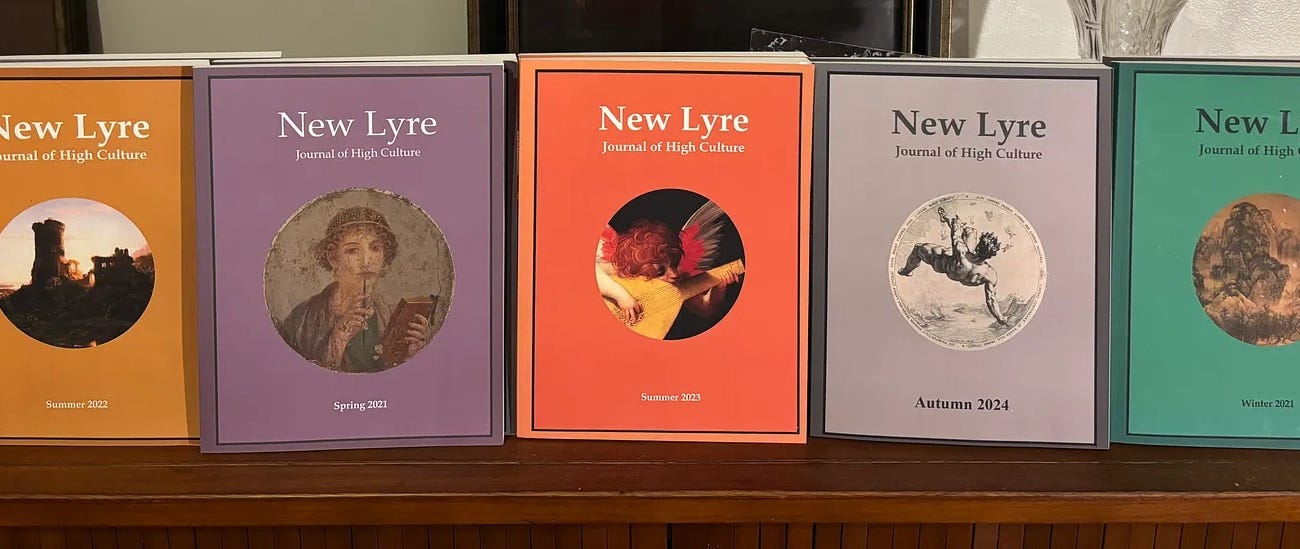The Ring of Polycrates
By Friedrich Schiller
Polycrates (/pəˈlɪkrəˌtiːz/; Greek: Πολυκράτης), son of Aeaces, was the tyrant of Samos from the 540s BC to 522 BC. He had a reputation as both a fierce warrior and an enlightened tyrant.
He stood upon the ancient battlements,
And proudly looked out from the parapets
On Samos, over which he reigned.
“This vast realm bends beneath my iron yoke,”
Declared the tyrant to the Pharaoh king.
“My fortune cannot be contained.”
“You have been truly favored by the gods;
Those enemies with whom you were at odds
Now recognize your majesty.
Yet there still remains one who can avenge
Them—I won’t call you blessed until you’ve purged
This final watchful enemy.”
And while he lent his ear to Egypt’s king,
A herald from Miletus scrambled in
With tidings for Polycrates.
“Let us rejoice and let the incense rise,
And weave laurel round your hair, the prize
To crown your many victories!”
“Your enemy has fallen by the sword;
Your faithful marshal, Polydore,
Has sent me to convey the news.”
And then he reached into a mantled chest—
A grotesque sight for his distinguished guest—
The enemy’s gored, blood-stained face.
Startled before the sanguinary head.
The king warned, “True joy and luck never wed,”
The hierophant voiced his entreaties.
“Recall your many fleets still far away—
Who must withstand the sea’s unfaithful waves;
How quickly Fortune’s graces tend to fade
When sailing on capricious seas.”
Before the king could finish his last word,
Jubilant shouts erupted on the shore,
Where one saw all the fleets arrive:
Rich treasure-laden hulls from foreign lands
Floated onto the gleaming, sea-soaked sands,
With masts draped in majestic, untorn sails.
The regal guest looked on disbelief,
“You’ve benefit from Fortune’s relief,
But one should fear luck’s fickleness.
The Cretan army now approaches
And is prepared to wage an awesome war—
They’re fast approaching your beaches.”
But as the words fell from his royal lips,
A vicious gales began to strike their ships;
And soon, a voice cried out, “Victory!
The Cretan legions are defeated now—
Swept away in Poseidon’s fit of rage—
We’ve sunk our final enemy!”
Now Egypt’s king spoke with great emotion
“Indeed, you’ve reaped the gifts of Fortune.
“But,” said he, “Doubtful are the odds;
Certainly, Fate is closing in on you.
Your wondrous luck only belies the true
Sublime intention of the gods.
“All of my enterprises have been blessed
By the almighty hands of gods and graced
With well-earned fortune and dark fame.
Although, I did once have a precious heir—
God seized him from me and let him expire.
Thus all I have I’ve rightly gained.”
“But if you wish to stay ruin’s sure blows
And flee from dwindling fortune’s certain woes,
Pray for misfortune, for your sake.
For Fortune showers no man with such luck
The deities never lend out such power,
Without some equalizing fate.”
“If the gods refuse your entreaties,
Still take counsel from your faithful friend—
Seek out misfortune willingly:
What in this kingdom do you prize most?
Offer it to the immortal host.
Find it and throw it in the sea!”
Gripped by the foreboding monarch’s words
The stern tyrant said, “Within this world,
This ring is what I hold most dear.
I will pledge my ring to the Furies
And hope that it quells all my worries.’’
He cast the ringlet to the sea.
But before the morning light appeared
In his royal eyes—by Fortune so endeared—
A fisherman arrived, boasting,
“My king, I have caught the rarest fish,
Beyond the wisest seaman’s wish.
I offer it to you, fair king.’’
As the head cook opened the fish up
He marveled at what he discovered.
He jumped and screamed and loudly cheered.
“Your highness, this is the self-same ring
In the fish, the one I saw you fling
Into the seas—it has appeared!”
The anxious king turned to Polycrates,
“Forgive me, but I can only dread
The fate that waits on you, my friend.
The gods are keen on your destruction—
An end to your fortune is certain.”
The monarch spoke then quickly fled.
Translation © David B. Gosselin
Originally published in New Lyre - Issue I
Read Our Magazine
Paid subscribers can access all issues of our New Lyre Magazine at the bottom of this page.




This story reminds me of Icarus. Humans can rise to great success but will eventually fall. No king rules forever.
The interspersing of rhymes among the four beat lines was an effective device for giving cohesion to the ballad structure.